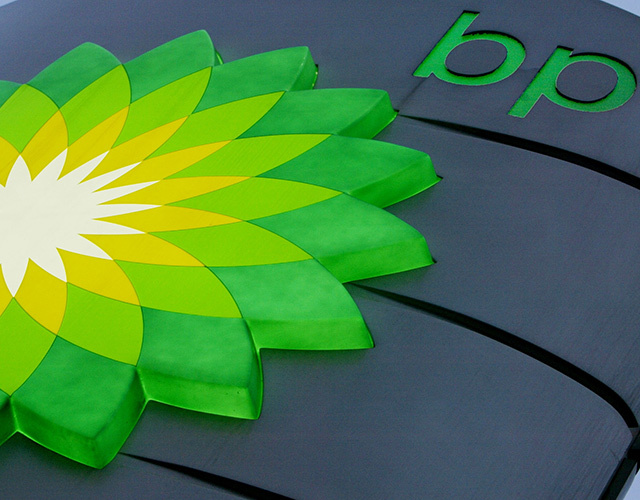
BP Plc and Chevron Corp. fired the opening salvo for a further round of cost cuts by major oil companies grappling with the prolonged collapse in crude prices.
“It’s really tough times for the industry,” BP chief executive officer Bob Dudley said Tuesday, comparing the market to 1986 when tumbling prices forced drastic cost savings.
Oil explorers are seeking large discounts from contractors and sending some projects back to the drawing board to find cheaper ways to build them after crude prices dropped by half in a year. Many already announced multibillion-dollar cuts three months ago when they released first-quarter results in a bid to reassure investors they would be able to pay dividends.
Producers are now feeling the layoff pain that has mostly plagued oilfield service providers over the past year.
Chevron said Tuesday it’s eliminating 1,500 jobs to curb spending by about $1 billion. The job cuts announced by the San Ramon, California-based producer ahead of its earnings release on July 31 represent 2.3 percent of its global staff.
ConocoPhillips has said it’s continuing layoffs while it, too, strives to slash $1 billion in spending over two years. The company has cut close to 1,500 jobs since the downturn began in June 2014, according to Graves & Co., a Houston-based adviser that has closely tracked the cutbacks.
Job cuts at exploration and production companies have accounted for roughly 10 percent of the more than 150,000 layoffs globally throughout the industry, according Graves. That compares with more than 100,000 eliminated from service providers and drilling contractors.
More Cuts
The E&P job cuts should continue to climb this year as the financial picture worsens, said John Graves, whose firm assists in oil and gas deals with audits and due diligence.
“As long as we’re going to have such a severe glut in terms of oil supply, additional cuts are inevitable,” Graves said. “A lot of this really hadn’t hit the E&P side of the business yet.”
While Schlumberger Ltd., the world’s largest services provider, said this month its layoffs are over with, its peers continued to eliminate jobs. Halliburton Co. and Baker Hughes Inc., the second- and third-largest service providers, each announced thousands more in job cuts last week, and Saipem SpA, Italy’s biggest oilfield contractor, said Tuesday it plans to cut 8,800 jobs.
In addition to reducing their workforces, oil companies are “winding back” investments, consultant Wood Mackenzie Ltd. said this week, estimating they have canceled or delayed $200 billion of projects since mid-2014.
Crude prices have been slow to recover from six-year lows earlier this year as the U.S. produces near the fastest rate in three decades and leading members of the Organization of Petroleum Exporting Countries pump at a record pace. Brent oil on Tuesday touched $52.28 a barrel, compared with a price of almost $116 in June 2014.
BP Spending
BP said Tuesday it will spend less than $20 billion this year, having said three months ago it would exceed that figure. The company initially planned to spend as much as $26 billion. Norway’s Statoil ASA reduced its spending forecast for this year by $500 million to $17.5 billion after crude prices resumed their decline.
The focus on cost cuts is likely to intensify as Total SA, Royal Dutch Shell Plc, Exxon Mobil Corp. and Chevron update investors this week on their plans.
Industrywide cuts announced so far may not be enough. Even after saving billions of dollars in the first half, BP continues to spend more on capital investments and dividends than it generates from operations and asset sales. Chevron and Total also posted negative cash flow in recent quarters. Shell, while generating enough cash to cover investments and dividends, has a thin cushion.
Under Review
“We are currently reviewing and adjusting our workforce levels in light of an extended period of low prices,” Daren Beaudo, a spokesman at ConocoPhillips, said yesterday in an e- mailed statement. “We’ve informed our workforce that reductions should be expected.”
If oil prices remain low, it’s “difficult to see” how companies will fund dividends from free cash flow without further cutting investments in new projects, Edward Pybus, an analyst at Exane BNP Paribas in London, said in a note on Tuesday.
Chief executives have said they’ll do whatever it takes to protect payouts to shareholders. BP’s Dudley said Tuesday his “first priority” is maintaining the dividend.
Recommended for you
